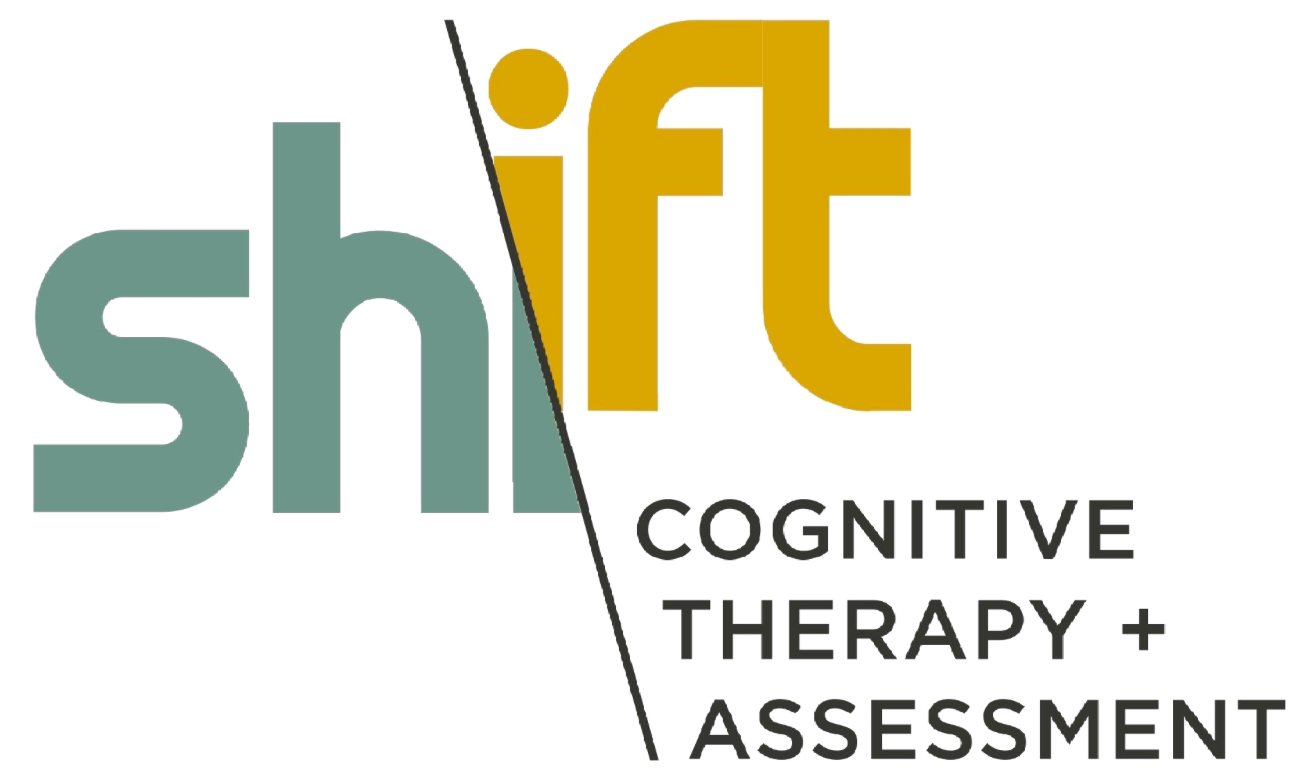What To Expect at Couples Therapy

What To Expect at Couples therapy?
There is often nothing scarier in a relationship than when your partner tells you they want you to come for marriage counselling. The very first reaction is usually some amount of fear, followed closely by the urge to defend and say ‘No’ because the suggestion is that I am somehow the cause of our relationship problems. That can feel very threatening. Many clients tell us their partners’ initial reactions were some combination of dismissing therapy as ‘stupid’ or unnecessary, minimizing the issues, name-calling, avoiding, shutting conversation down, or walking away. Unfortunately, all of those types of responses only serve to reinforce the problems.
Rather than being a statement that you are somehow defective and not worth the effort, a partner’s request for couples therapy or marriage counselling is really an expression that you and the relationship are worth hanging onto AND that some things happening between you just aren’t working. From that perspective, a partner who asks you to join them in therapy is a person who wants the relationship to last and be as good as it can be. Knowing what to expect at marriage counselling can really help take some of the fear out of attending.
Marriage Counsellors Want Your Relationship to Succeed
We therapists tend to feel best when we see positive results from our work and efforts. That means we’re on your side — and by ‘your’ we mean we’re on the side of your relationship. In effective couples therapy, the relationship itself is the actual client. Setting this up right from the start prevents the problem of any one partner feeling ganged up on by the other partner and the therapist. For couples therapy to be effective both partners have to really believe that the therapist is on their side and that means we want the relationship to be as healthy and vibrant as it can be.
Good couples therapists make the relationship the client because they want to sit just outside of the couples’ squabbles and disagreements, able to see them without getting dragged into them or called upon to take sides. From that outside perspective therapists are in a good position to observe destructive patterns and habits each couple gets into. It also allows the therapist to challenge one or both partners, because the couple knows it’s their best interests the therapist is fighting for.
Couples Only Fight a Few Fights
Most of the time, loving couples get along pretty well. Each partner knows they’re loved and what the other one expects from them to get along. But each one of us has our own, specific hot-buttons that sometimes get pushed and can turn minor disagreements into scorch-and-burn, earth-shattering, blowouts. These buttons can be like scars from emotional wounds that were there long before the two partners even met, or old arguments that the couple set aside, unresolved, like bookmarks that take one or both people right back to more painful times.
These buttons are usually pushed inadvertently by comments or actions that somehow communicate the worst message anyone can ever hear within a relationship: ‘You’re not important to me and I don’t care about you’. That message, whether it’s stated explicitly or just implied by behaviours, like eye-rolling, scoffing, name-calling or turning away is highly toxic to relationships because it cuts to the core of what we need as humans: To have safe and reliable connections with other people.
From that perspective, any couple who are disagreeing about any minor thing, like which way the toilet seat should be left, who should drive the kids around, and where to go for a family holiday, can find themselves suddenly off-track and deep into the weeds of one of those “Here we go again” types of fights. Those arguments become intense very quickly, stray far away from the original topic and contribute to a lot of painful emotions.
The best marriage counsellors look for those buttons and the predictable patterns of thought and behaviour that become activated once they’ve been pushed. We help couples to identify their patterns, slowing them down before sparks become flames. Once calm and able to think clearly again, couples can begin to understand how they get into those messes and gradually learn to identify, stop and recover on their own.
How We Treat Couples’ Issues at Shift Cognitive Therapy
When you and your partner meet with one of our therapists or psychologists in our Oakville office, we’ll want to start understanding how your relationship typically goes ‘off the rails’. We’ll meet with you and ask questions to help us understand how problems typically start, who does what in arguments, who leaves first, what the other person does when that happens, and how you and your partner reconnect later.
Many couples tell us it is difficult to repair the relationship connection after a fight, so they end up avoiding each other until the storm blows over. Then, they’ll take those first few, hesitant steps at re-opening conversation by discussing neutral topics, like the kids or the weather.
Our psychologists will help you and your partner understand the patterns and repetitive cycles you get into time after time. We’ll give you lots of direct and supportive feedback about what we see as we watch you interact. (Interestingly, because we all act in pretty habitual ways, most couples inevitably end up demonstrating exactly how they argue at home right there in our offices!)
Being present, but not engaged in your conflicts, we can intervene and help both of you gradually understand how those familiar fights get started and keep rolling. We’ll help you see new ways to express what you need your partner to understand and we’ll act like interpreters, helping you to understand your partner’s true messages as well.
Couples Therapy is Effective
At Shift Cognitive Therapy, we use a treatment approach called Emotion Focused Therapy for Couples, which has been shown in research to be an effective way of helping couples resolve conflict and repair damaged relationships. According to research, EFT for Couples has a high rate of success and couples learn to replace damaging patterns of interaction with more permanent patterns that build and support emotional connection. Sometimes, more complex issues can take longer to resolve, but the EFT approach works to help both partners feel heard, understood and valued right from the start of treatment.
Get in touch if you want to talk with us about issues in your relationship. We work with opposite- and same-sexed couples around issues like infidelity, trust, communication breakdowns, and with couples who are doing well but just want a little extra help to do better together.
The post What To Expect at Couples Therapy appeared first on Shift Cognitive Therapy.

